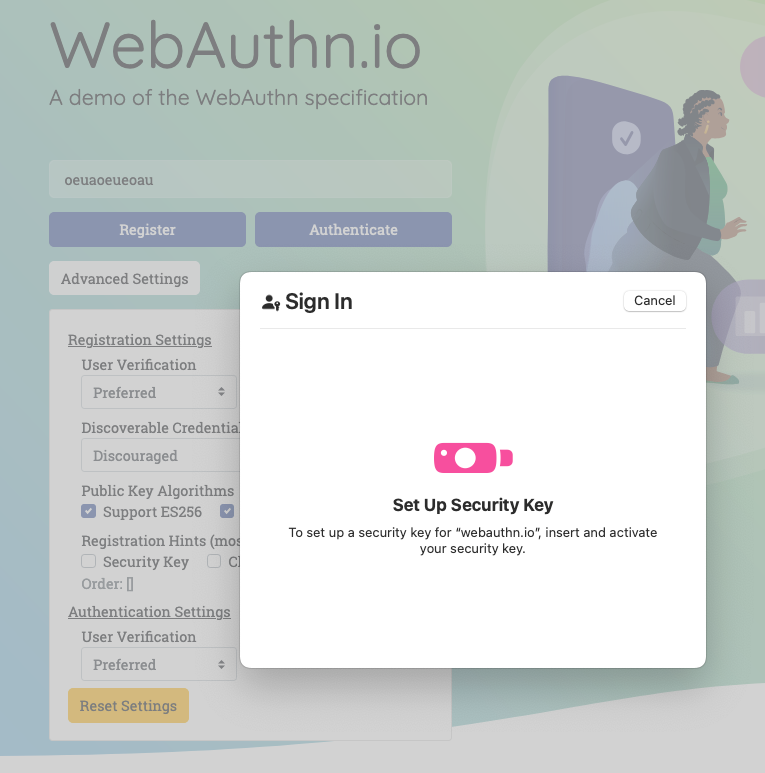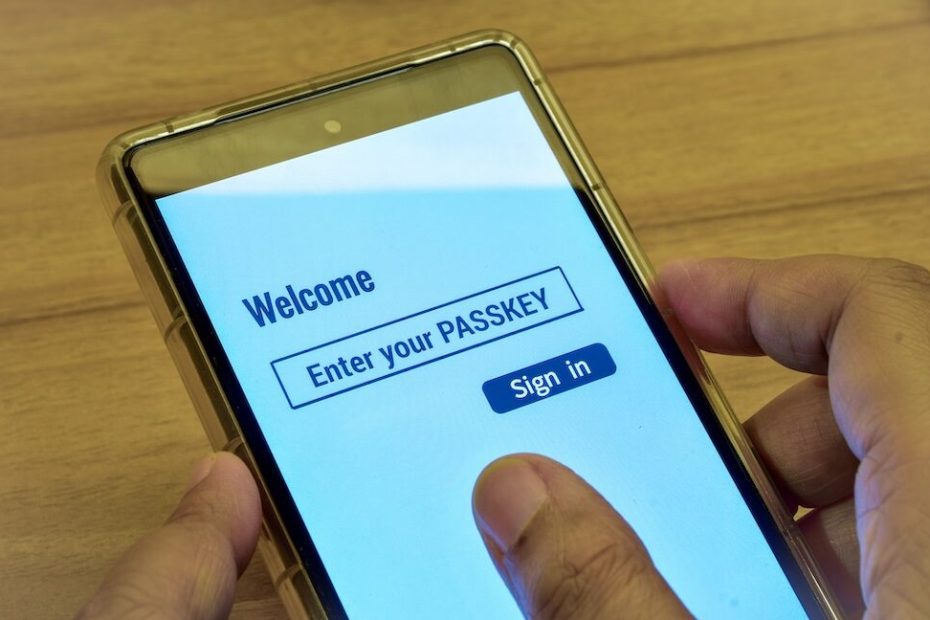
The dialog finally allows creating an access key on a security key.
The duel dialogs in this example are certainly not unique to macOS.
Too many cooks in the kitchen
“Most try to direct you to a vendor's sync password option, and don't make it clear how you can use other things,” Brown noted. “Chrome, Apple, Windows all try to force you to use their synced passcodes by default, and you have to click through the prompts to use alternatives.”
Bruce Davie, another software engineer with expertise in authentication, agreed, writing in an October post that the current implementation of passkeys “seems to have failed the 'make it easy for users' test, which my opinion is the whole point of password keys.”
In April, Son Nguyen Kim, product lead for the free Proton Pass password manager, wrote a post titled Big Tech password implementations are a trap. In it, he complained that the implementation of the key so far locks users to the platform on which they created the credentials.
“When you use Google Chrome as a browser on a Mac, it uses the Apple Keychain feature to store your passcodes,” he wrote. “This means you won't be able to sync your passcodes with your Chrome profile on other devices.” In an email last month, Kim said users can now ignore this option and choose to save their passkeys in Chrome. use it seamlessly in Chrome on their iPhone.”
Other posts reciting similar complaints can be found here and here.
In short, there are too many cooks in the kitchen, and everyone thinks they know the right way to make cake.
I have put these and other criticisms to the test over the past four months. I've used them in a really heterogeneous environment including a MacBook Air, a Lenovo , Kayak, Gmail, Amazon and Uber. My goal was to understand how well password-based authentication works in the long term, especially for cross-platform users.

